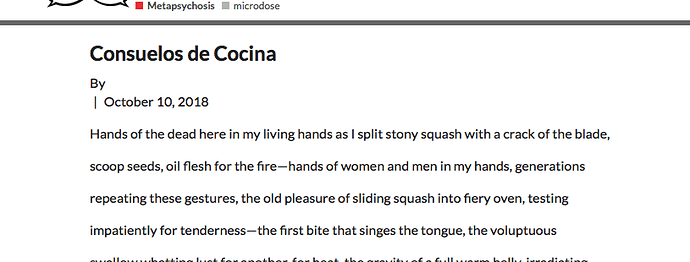Read what you’ve written here again this morning, compelled to thank you for entering into the territories of this conversation…which, in itself, is spacious enough to help me breathe more deeply when I get caught in the shoals of doubt/fear/despair . Wanted to work on writing this morning, too, but the “ocean-soul” as one friend calls it, is not sending up poems or the grip of prose just now, so i have to be patient and listen to the crows, watch light migrate through mist, altering the fluid shape of leaves, rooftops, mountains…
“Death will reward him with ambiguity” you wrote. Life, too.
An ocean-soul friend and I agreed earlier today that what we deeply want to be is translators for the may we say Weltraum or Worl_dream_?. Another friend calls it being “co-ambassadors” between human and not-human. Between our own ordinary humanness and our “poet-being”. Strange hardness. To both bring them together and experience them apart (sometimes skillful means, sometimes not) or maybe they are pushing apart like segments of a round magnet, not recognizing the other pole as “self/Self”?
The ramifying ambiguities of paradox…
Where/how can I read the full versions of what you’ve been excerpting from?

